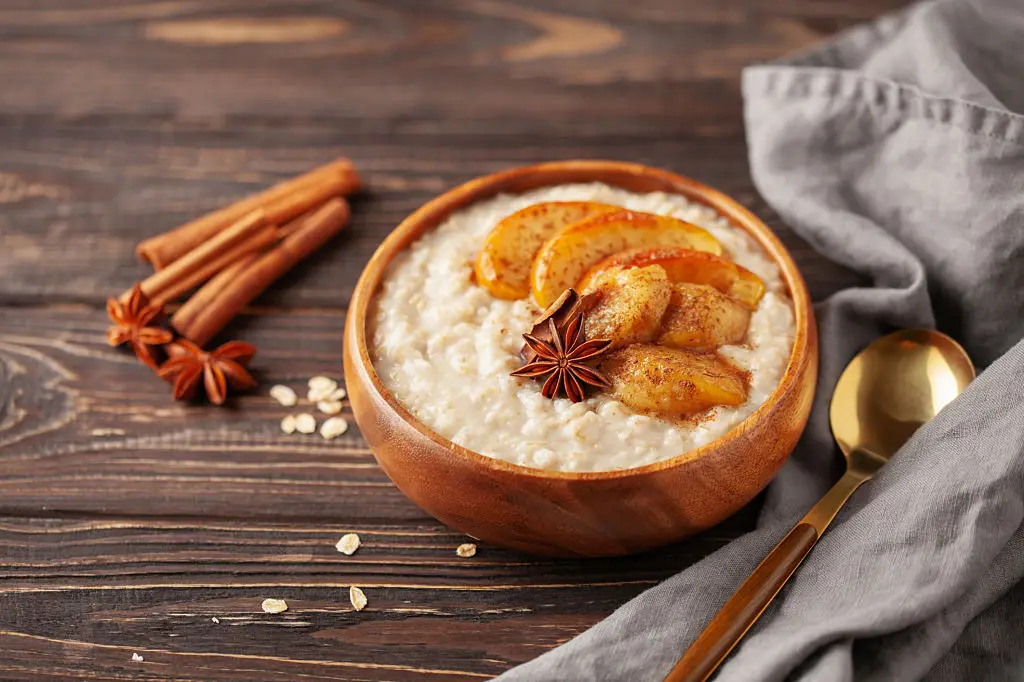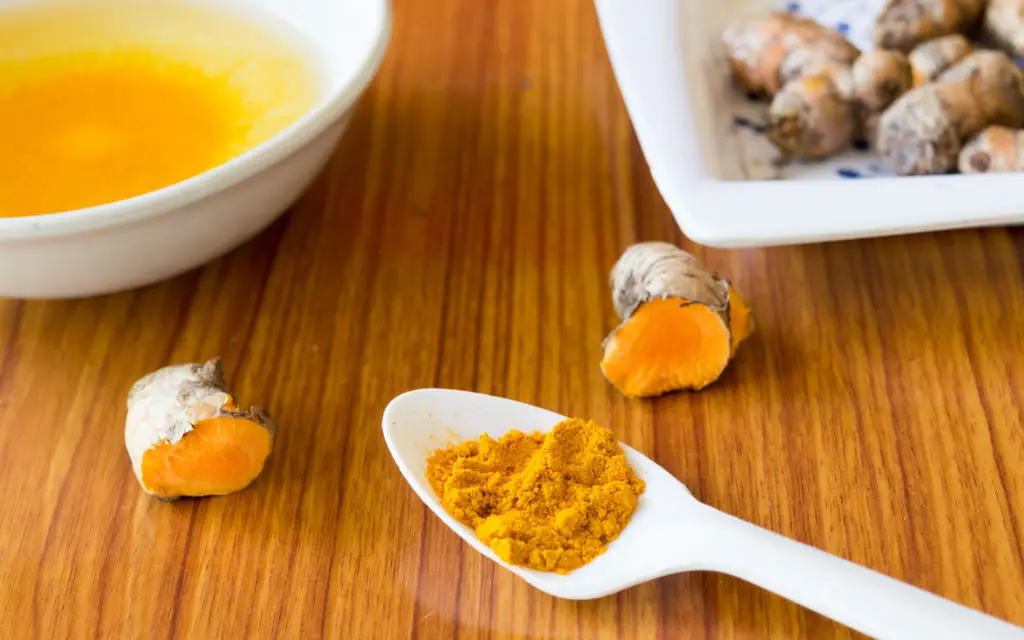The 12 Breakfast Spices Proven to Lower LDL Cholesterol by Next Week
High cholesterol is something millions of us face, but here's the empowering news: a few mindful tweaks to your breakfast routine can spark positive change, starting this week. LDL cholesterol, often called the “bad” kind, plays a big role in heart health. While there’s a lot of talk about complicated diets and strict regimens, sometimes simple, flavorful shifts—like adding the right spices to your morning meal—can set your day (and your heart) on a better path. Spices have been used in kitchens and healing traditions for centuries—not just because they smell wonderful or add excitement, but because many deliver real, science-backed benefits. Some, like cinnamon, have shown in studies to help lower LDL cholesterol in people taking practical daily amounts. Others—ginger, turmeric, garlic—can round out your breakfast staples, turning the first meal of the day into an act of kindness for your heart. The truth? No spice will magically overhaul your cholesterol in a week, and that’s perfectly okay. Gentle, daily choices lead to real, lasting change. By the time next week rolls around, you’ll already be practicing habits that matter. Ready to bring warmth and wellness into your mornings? Here are 12 breakfast-friendly spices, each with their unique way to support your cholesterol goals and a more vibrant you.
1. Cinnamon

Cinnamon is more than just a cozy addition to your oatmeal—it's the best-supported cholesterol-busting spice in the kitchen. Multiple studies, including a meta-analysis of randomized trials, show daily cinnamon (especially Ceylon) can reduce LDL cholesterol in adults, particularly those with metabolic concerns. The active compounds, like cinnamaldehyde, help lower LDL while supporting blood sugar and even boosting the flavor in your morning favorites. The delicious best part? Cinnamon is incredibly versatile. Sprinkle a half-teaspoon on hot cereal, whisk it into Greek yogurt, or stir into your morning coffee. Both Cassia and Ceylon varieties work, but Ceylon is lower in coumarin, a compound that can tax the liver if eaten in very large amounts. Stick to a ¼–1 teaspoon per day—enough for flavor and benefit, but still fully safe for most people. If you’re managing medications or liver issues, it's wise to check with your provider first. Embrace cinnamon as a nurturing, everyday ritual. Over time, small, fragrant choices at breakfast become building blocks for better heart wellness.
2. Turmeric

Turmeric’s vibrant color signals its powerful effects. The active compound, curcumin, is known for strong anti-inflammatory action and emerging cholesterol-lowering benefit. Some research indicates curcumin helps lower LDL cholesterol, reduce inflammation, and support healthy blood vessels. To make the most of turmeric, pair it with black pepper—this boosts curcumin absorption by up to 2,000%. You can blend a half-teaspoon into “golden milk” breakfast lattes, whisk it into oatmeal, or scatter over scrambled eggs. Many people enjoy it in smoothies for a subtle earthy warmth. For practical impact, aim for 500mg–2g daily—roughly a half to one teaspoon of ground turmeric. If you're on blood thinners, or new to turmeric, start slow and always listen to your body. Let turmeric reframe your mornings as an act of gentle, yellow-hued care for your heart—all while making breakfast irresistibly inviting.
